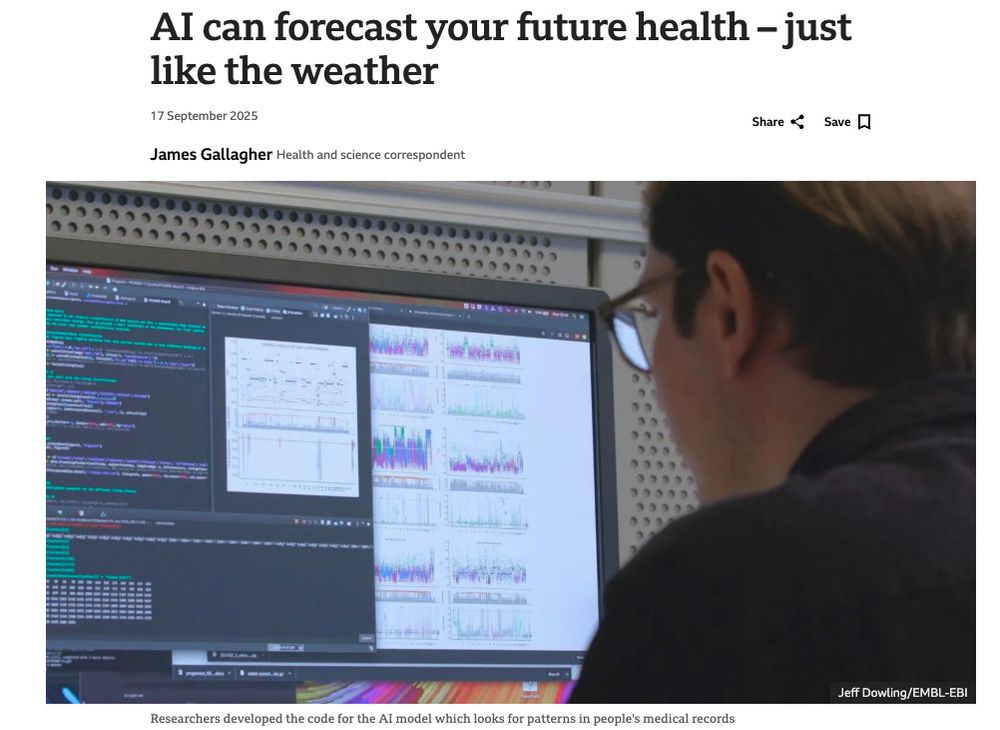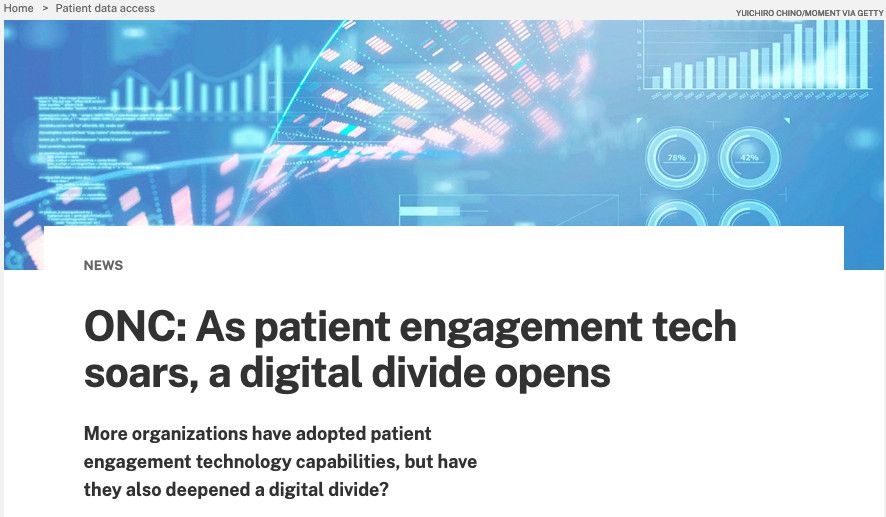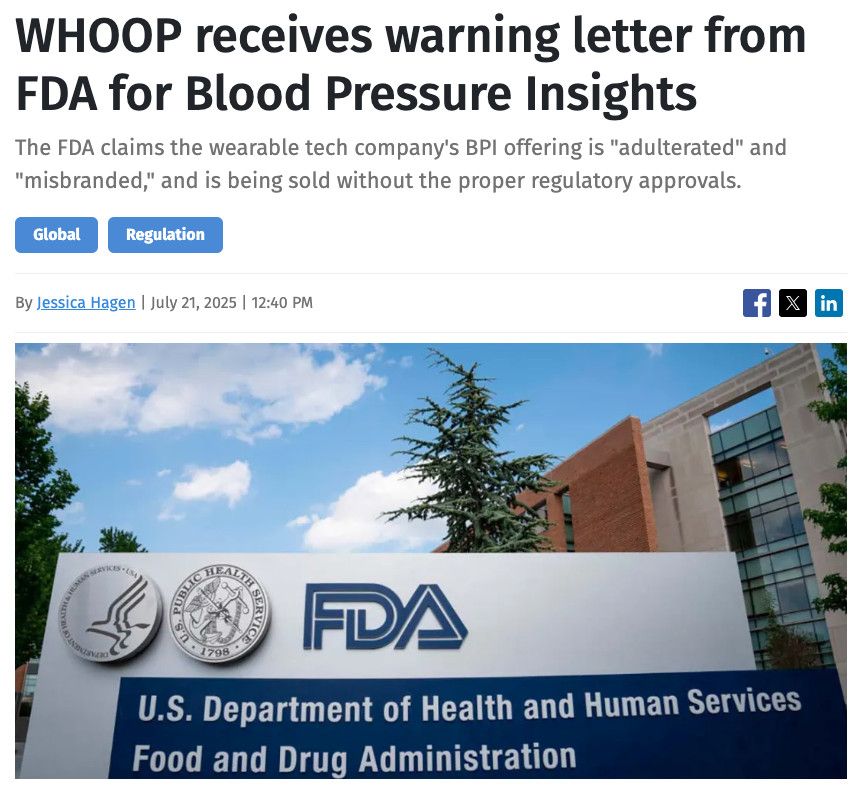
#DigitalHealth #Prevention
tinyurl.com/2faskd9j

#DigitalHealth #Prevention
tinyurl.com/2faskd9j
#ARVR #MentalHealth #XR
tinyurl.com/ya64jrr5

#ARVR #MentalHealth #XR
tinyurl.com/ya64jrr5
#AIinHealthcare #DigitalHealth
bbc.com/news/article...

#AIinHealthcare #DigitalHealth
bbc.com/news/article...
#DigitalHealth #Wearables #Hypertension
tinyurl.com/5cu7bjhu

#DigitalHealth #Wearables #Hypertension
tinyurl.com/5cu7bjhu
#AIinHealthcare #Nursing
tinyurl.com/y7tpx57p

#AIinHealthcare #Nursing
tinyurl.com/y7tpx57p
#AIinHealthcare #HealthData
tinyurl.com/56zfskf9

#AIinHealthcare #HealthData
tinyurl.com/56zfskf9
#AIinHealthcare #Cardiology #DigitalHealth
tinyurl.com/2sawcv4c

#AIinHealthcare #Cardiology #DigitalHealth
tinyurl.com/2sawcv4c
#AIinHealthcare #DigitalHealth
shorturl.at/HmCB5

#AIinHealthcare #DigitalHealth
shorturl.at/HmCB5
#DigitalHealth
pnas.org/doi/10.1073...

#DigitalHealth
pnas.org/doi/10.1073...
#Cardiology #HealthEquity
shorturl.at/lV6vb

#Cardiology #HealthEquity
shorturl.at/lV6vb
#HealthEquity #Techquity
nature.com/articles/...

#HealthEquity #Techquity
nature.com/articles/...
#DigitalHealth #FutureOfMedicine
shorturl.at/6aUCm

#DigitalHealth #FutureOfMedicine
shorturl.at/6aUCm
#AIinHealthcare
shorturl.at/AfCyJ

#AIinHealthcare
shorturl.at/AfCyJ
#DigitalHealth #PatientEngagement #HealthEquity
shorturl.at/4d2Cv

#DigitalHealth #PatientEngagement #HealthEquity
shorturl.at/4d2Cv
#DigitalHealth #PatientEngagement #HealthEquity
shorturl.at/4d2Cv

#DigitalHealth #PatientEngagement #HealthEquity
shorturl.at/4d2Cv
shorturl.at/eqBq7

shorturl.at/eqBq7
#FemTech #HealthTech
shorturl.at/ogREm

#FemTech #HealthTech
shorturl.at/ogREm
#AI
shorturl.at/HCBAv

#AI
shorturl.at/HCBAv
#Alzheimers #AIinHealthcare #BrainHealth
shorturl.at/5BIqn

#Alzheimers #AIinHealthcare #BrainHealth
shorturl.at/5BIqn
#DigitalHealth #Wearables
shorturl.at/rHXej

#DigitalHealth #Wearables
shorturl.at/rHXej


#pharma companies are investing heavily in AI to discover drugs faster and navigate industry challenges more effectively through #AI implementation
www.linkedin.com/posts/kumli_...
#innovation #lifesciences #trends




#pharma companies are investing heavily in AI to discover drugs faster and navigate industry challenges more effectively through #AI implementation
www.linkedin.com/posts/kumli_...
#innovation #lifesciences #trends
#HealthEquity
shorturl.at/e1EVm

#HealthEquity
shorturl.at/e1EVm
Without equity, usability, and real-world evidence, innovation risks widening gaps.
The future of CVD care must be digital and patient-centred.
#DigitalHealth #CVD #HealthEquity
shorturl.at/rsbn3

Without equity, usability, and real-world evidence, innovation risks widening gaps.
The future of CVD care must be digital and patient-centred.
#DigitalHealth #CVD #HealthEquity
shorturl.at/rsbn3

